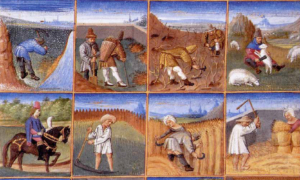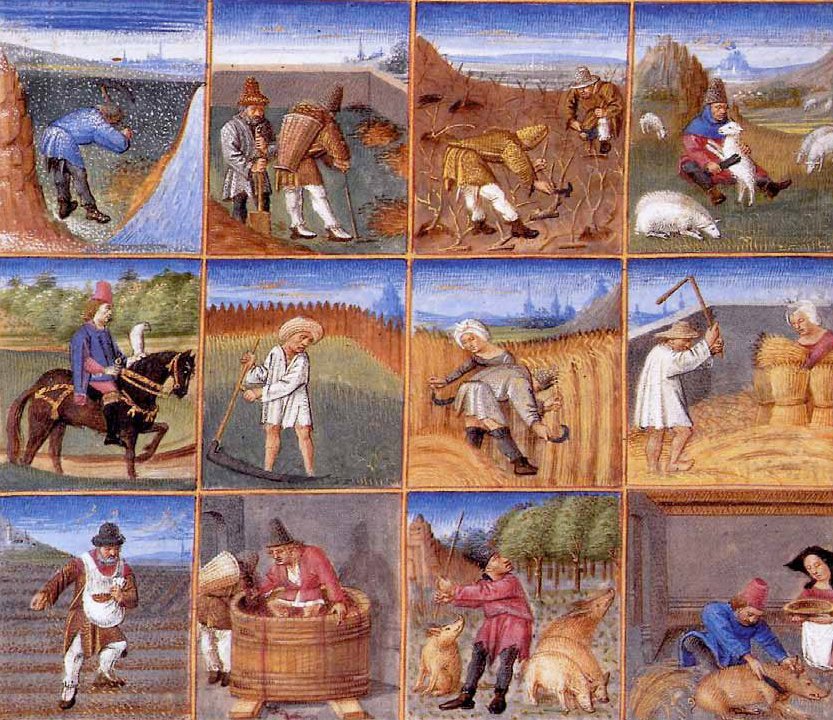‘How I Edited an Agricultural Paper’

In “The Merchant of Venice,” Shakespeare says: “With mirth and laughter let old wrinkles come.” He encourages us to live with laughter, for laughter and humor are the antidotes that lighten serious matters and bring daily joy. In his short story “How I Edited an Agricultural Paper,” Mark Twain encourages this cultivation of humor and laughter.
Twain does not know much about agriculture. Yet, when the editor of an agricultural newspaper goes on a holiday, Twain accepts the position as editor. Despite some misgivings, he sets to work with vigor and satisfaction to see what he can accomplish. He is pleased when his writings gain the attention of the readers in the building’s hallways. People are lining up to catch a glimpse of this new editor.
Stormy Reaction
Soon an old gentleman comes to consult Twain about his newspaper articles. The gentleman asks Twain about his experience in agriculture and agricultural writings, and Twain assures him that he has had no experience with either.
The old gentleman reads some of Twain’s editorial writings in which Twain advises that “turnips should never be pulled, it injures them. It is much better to send a boy up and let him shake the tree.” Twain proudly acknowledges that it is good advice. After another question or so and another ridiculous response, the old man tears the paper up, yells at Twain, breaks several objects with his cane, and storms out.
Following the old gentleman, a younger man darts into the room with his finger over his mouth. He approaches Twain, produces a copy of the agricultural paper, and asks Twain to read it.
After Twain reads an extremely incorrect article about guano, grains, and pumpkins, the man jumps forward excitedly. After first reading Twain’s writing, the man thought he was mad and had committed “cripplings and arsons.” But, once Twain reads his own words, the man feels better: “My reason has stood the strain of one of your agricultural articles, and I know that nothing can ever unseat it now.”
A Good Laugh
Not long after these strange interactions, the editor of the newspaper returns sooner than expected. Hearing of Twain’s writings, he could not stay on vacation. He fears that the paper’s reputation has been ruined forever and will be famous for lunacy and infirmities of the mind. “You do not seem to know the first rudiments of agriculture,” he says to Twain.
In response to such a serious reaction, Twain says: “It is the first time I ever heard of a man’s having to know anything in order to edit a newspaper. “Who writes the dramatic critiques for the second-rate papers? Why, [men], who know just as much about good acting as I do about good farming and no more.”
By the end of this story, Twain does not allow the reactions of others to ruin his comical spirit. Rather, he tells this story to promote a comical spirit in each of us.
As Laura Ingalls Wilder says in “Laura Ingalls Wilder, Farm Journalist: Writings From the Ozarks: “A good laugh overcomes more difficulties and dissipates more dark clouds than any other one thing.” When we encourage good, healthy laughter and humor, a positive light permeates our lives. We become harbors of joy that bring light to dark, serious times.




